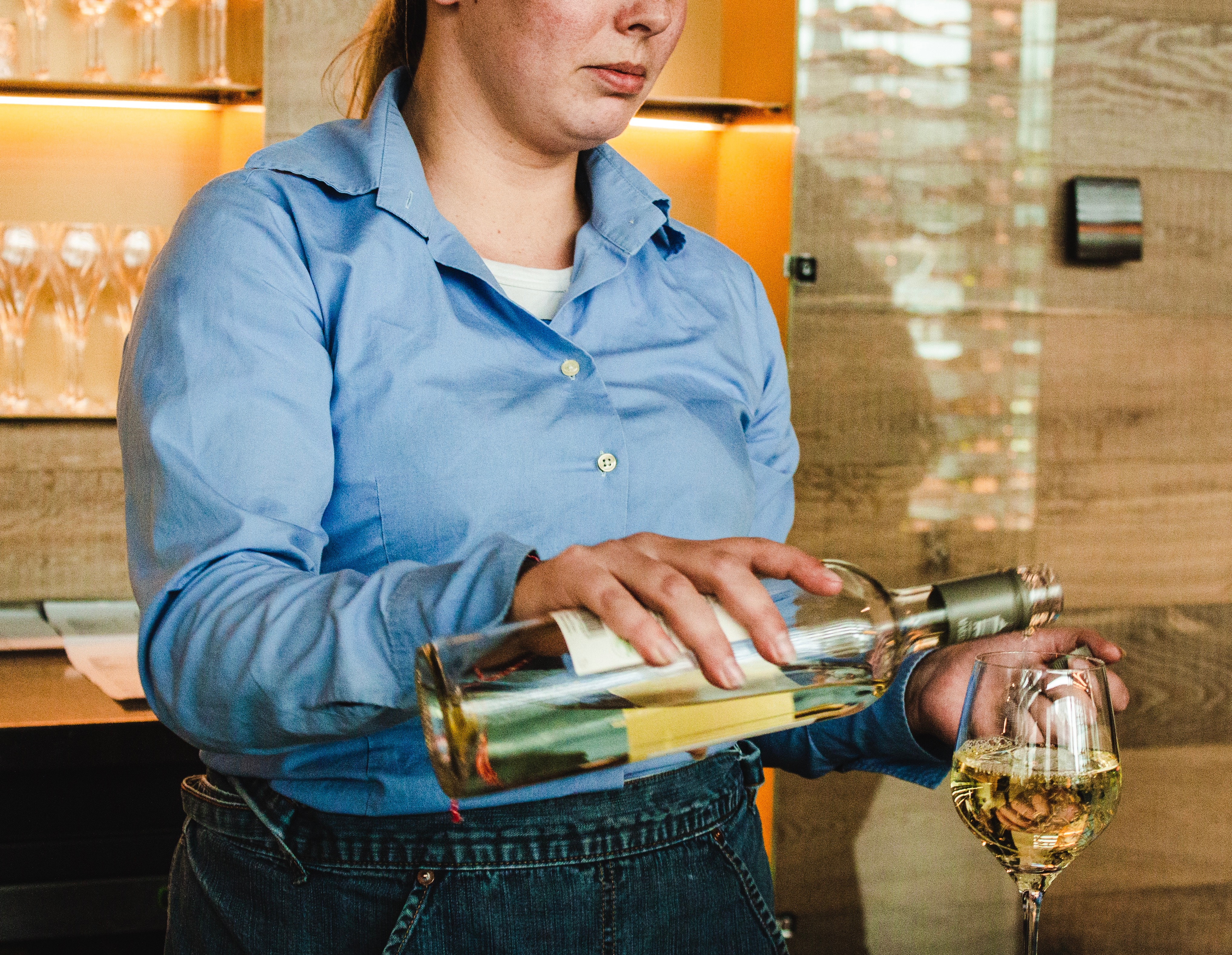Work, meetings, and training isn’t just taking place in corporate offices anymore. Companies are turning to outside venues — especially restaurants — to provide experiences and an inviting atmosphere away from cubicles and meeting rooms.
Your restaurant is poised to make a great profit from this trend. According to the CWT Meetings & Events 2019 Meetings & Events Future Trendsreport, the 2019 meetings market will increase by 5 to 10 percent.
If you haven’t been hosting corporate meetings and events, you can quickly become a preferred venue in your community by following a few best practices. Here’s our guide on how you can appeal to corporate event planners:
Update Your Spaces and Amenities
Companies are searching for venues that have the right amenities, and they’re going to have different needs than clients who are only booking social events.
Corporate event planners need venues that have a variety of spaces that can accommodate different types of meetings, from a small group or board meeting, all the way to a large conference with several hundred attendees. Smaller events may need a quiet area or private room with one large conference table, several smaller tables, or rows of chairs facing a podium. Large conferences typically need a huge room that can fit hundreds of people for the day, and possibly those smaller rooms for side meetings or breakout sessions.

In addition to the spaces, corporate events require technology for presentations and trainings at these meetings, so make sure you have sufficient wifi, screens with projectors that can easily connect to a laptop, microphones, and a sound system.
Not all corporate events are about work. Companies may also contact you to book networking events, cocktail parties, staff retreats, lunches, and dinners, and your existing dining room or private rooms could be a perfect fit.
Provide the Right Information Online
Event planners are working nonstop, booking for multiple clients at once, so doing an initial search online is their first step towards researching a new venue. 49 percent of event planners use the Internet as a primary way to find and book venues.
Make sure your restaurant appears in their search by using the right keywords on your website: your city, state, neighborhood, cuisine, types of events you host (including corporate, meetings, networking, conferences, and cocktail parties), your available spaces (boardroom, meeting space, dining room, private room, banquet room, patio, rooftop, lounge) and what type of venue you are (restaurant, event space, cocktail lounge, recreation, meeting space, etc.). The more you talk about those keywords on your website, the more search engines will associate your site with those words, and you’ll have a better chance of ranking at the top of a search.
Sharing photos, room options, floor plans, amenities, and menus is a must — corporate planners will use this information in a presentation on possible venues that they provide their clients. Include photos that show your space without a setup, with an event setup, and during an event so the planner and the client can have a sense of what their event would look and feel like if they booked your venue.

Don’t stop with your website. Your event information should also be included on venue listings sites, your social media profiles and posts, Google My Business, and any other platforms that you’re using in your marketing. You never know where planners may find information about your business.
And of course provide contact information for your event staff as well as an event booking lead form so planners can get in touch with your venue right away.
Communicate Quickly
One of the biggest pain points we’ve heard from event planners is the delay or lack of response from venues when they send an inquiry. Someone from your venue should be monitoring emails and booking form responses every day and provide an answer as soon as possible. If they don’t hear from you, they’re going to book the first venue that fits their client’s needs.
Go a step further to stand out by using event management software to communicate with event planners. You can upload documents, menus, private event package options, floor plans, photos, and more to your account. Then, create email templates that include all of that information and send them easily to anyone who inquires about events at your venue.

Connect with Your Community
Local Chambers of Commerce, convention centers, and hotels have relationships with companies and conferences that are likely to hold events in your area. Introduce yourself to these organizations and let them know that your venue is available for private dining. You may also want to host a corporate or business open house at your venue so they can see what you offer in person.
Get Started and Grow Your Revenue
Off site corporate events are here to stay and the need for new and different restaurant locations will only continue to grow. It takes a bit of initiative and marketing, but if you follow our guide, you can make your venue a preferred vendor for corporate events and meetings.
Is Your Restaurant Ready to Host Corporate Events? Here’s A Guide to Get You There posted first on happyhourspecialsyum.blogspot.com

No comments:
Post a Comment